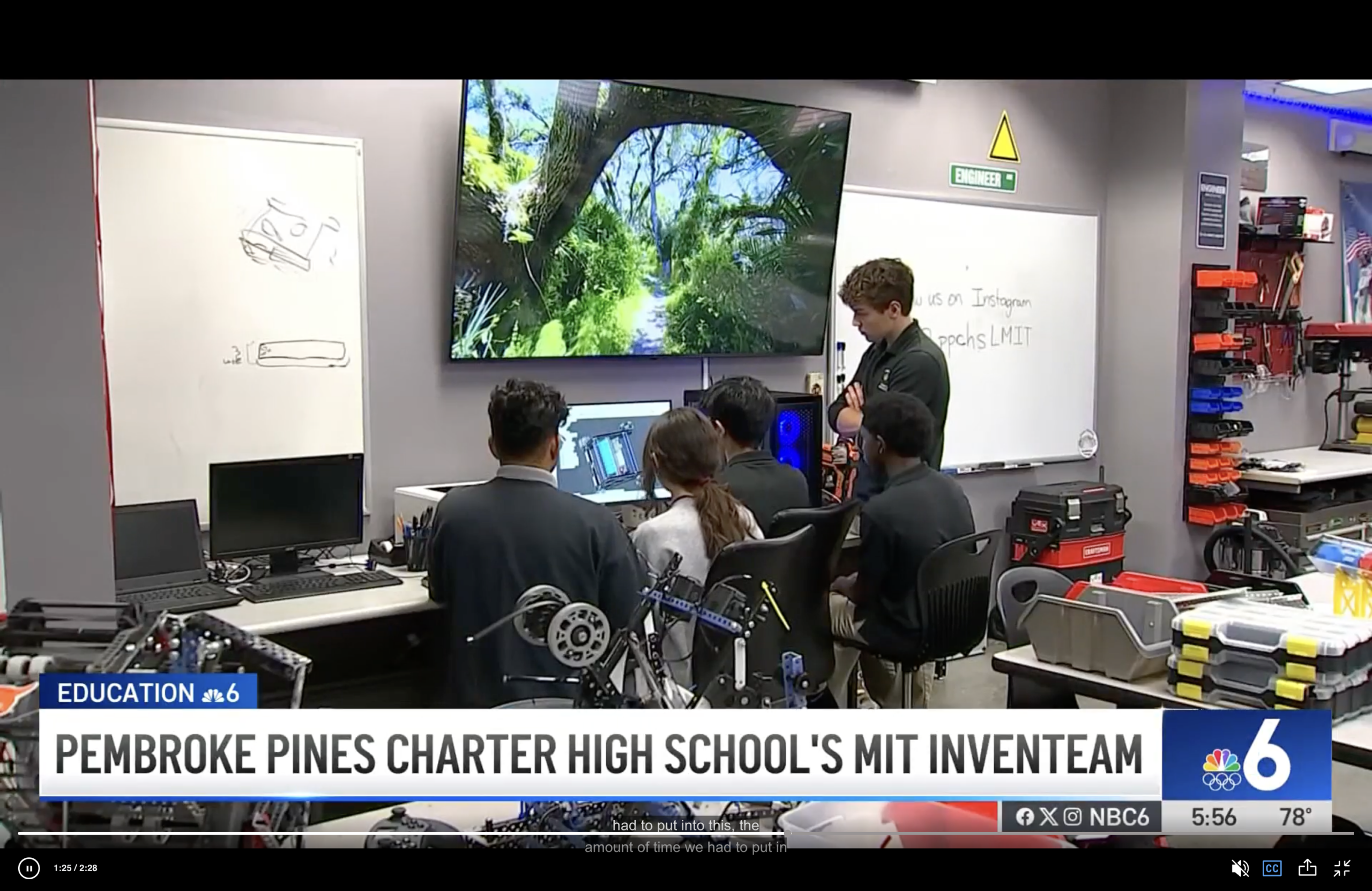Jump to: Top Tasks | From the Field | Key Resources | Moments of Resilience
It’s week 216 of our new reality and we are thinking about what we say to students when we pretend that failure is now good enough.
“After school buildings shut down in March of 2020, failing grades nearly vanished,” writes Matt Barnum in the Wall Street Journal. “Since then, grading practices haven’t fully returned to normal … Many teachers report ‘giving grace’ to struggling students. Others say they have felt pressure from administrators to limit failure rates.”
“Henry McCain, who taught high-school geometry in New Mexico last school year, said he felt the need to adjust grading policies because students were so far behind. He passed students so long as they tried, even if they hadn’t mastered the material,” Barnum reports. “The result is higher grades but less learning.”
SUBSCRIBE
As we report below, teachers are telling us that this approach isn’t working. We have to find the courage to tell families the truth about the state of their learning loss and then redouble efforts to help catch kids back up.
Last week we sat down with TFA’s Elisa Villanueva Beard to talk about the future of teacher recruitment and put the spotlight on the latest AdvocacyLabs video from Derrell Bradford. This week, we check in on how teachers are feeling about student achievement in their classrooms and dive into changes to Colorado’s student funding formula.
TOP TASKS
Listen to teachers when they tell us their students are behind.
“Teachers continue to believe that their students are struggling: 70% report that their students are behind academically,” the team at Educators for Excellence writes in an analysis of their new, national survey of American teachers.
After seeing some progress between 2022 and 2023, the new report reveals that the percentage of teachers who think their students are behind academically has stalled out at more than two-thirds. This perception is backed up by the test results from NAEP and NWEA, which show a similar slowing down of the efforts to catch kids back up.
It’s a challenging time for teaching in America as we strive to dig out from the mistakes of school closure and other consequences of the pandemic. When asked what we should do differently, teachers in the E4E survey shared their desire for a more dynamic, collaborative and reimagined work environment that matches parents’ desire for an education system that feels significantly different from the past.
“Amongst conversations about teacher burnout and shortages, the notion that we must reimagine the role of the teacher and schooling more generally has become increasingly common, and includes calls to make the structure of the profession more collaborative and dynamic,” the team at Educators for Excellence write.
THE TASK OF THE WEEK IS
Replicate Colorado’s big win in equitably funding students
“At their best, public K-12 school systems can be engines of social and economic mobility,” Bellwether’s Alex Spurrier, Bonnie O’Keefe and Biko McMillan write. “But in practice, school funding in the United States undermines this vision, deepening the very inequities public education aspires to overcome. The reality is that public school systems in the wealthiest communities are often funded at higher levels than nearby communities with no wealth.”
State by state, policy advocates are taking on this challenge and getting big wins. The latest is in Colorado, with both the House and Senate passing HB 24-1448 by wide margins, which now heads to Governor Polis’ desk. The sweeping education finance reform, the biggest since 1994, provides extra per-pupil funding for at-risk students, including low-income students, students with special needs and English Language Learners. It also is designed to level the playing field for lower property-wealth districts and scale up investment in charter school facilities. To support this effort, the state is adding an additional $500 million per year to the formula, phased in between 2025 and 2030.
“This is the most important equity-driven change that Colorado has made in three decades,” Transform Education Now’s Nicholas Hernández tells us. “This is a concrete step forward in giving our most vulnerable students what they need to thrive. I’d like to particularly thank Governor Polis, whose leadership on this issue was critical.”
Nick was quick to offer kudos to the coalition partners that have worked together for years to craft and secure passage of the legislation, including DFER Colorado, ReadyCO, Colorado League of Charter Schools, the Colorado Children’s Campaign, Teach Plus Colorado and the Charter School Institute.
Rebecca Sibilia, the Executive Director of EdFund and one of the most prescient national minds when it comes to educational finance, celebrated the passage: “Colorado’s former funding formula rewarded wealthy locales rather than prioritizing student needs. This is a momentous shift to level the playing field for all kids that should be applauded, mirroring similar shifts we’re seeing throughout the country.”
THE TASK OF THE WEEK IS
FROM THE FIELD
ConnCAN received a unanimous House vote to advance their bill, HB5436, which revamps and modernizes the educator certification process, including provisions that will make it easier for professionals from other fields to make the jump into teaching. The bill is now under consideration by the Senate.
CarolinaCAN’s effort to secure more funding for scholarships continues to move forward with HB823 successfully passed through the Senate and now at the education committee in the House. The goal is to reduce the nearly 70,000 families on the waiting list for the scholarship funds by providing an additional $248 million to the fund in 2024-2025 and a recurring, additional $215 million per year starting in 2025-2026.
NewMexicoKidsCAN’s NM Education site has been leading the coverage of a major court case and its aftermath, with several districts suing the state over a new mandate that would require schools to offer 180 instructional days. The judge has placed a preliminary injunction against the mandate that will hold while a trial takes place, and NMEducation.org will be covering the story over the coming months.
Key Resources
New America’s Education Funding Equity Initiative is out with an update to their earlier report on racial segregation due to school boundary lines, finding that from 2000 to 2021, racial divides between neighboring school districts are growing.
Future Ed is tracking leadership changes at major education organizations, including the announcement of Starlee Coleman as the new head of the National Alliance for Public Charter Schools and Chelsea Crawford as the new ED of TennesseeCAN.
AEI’s Nat Malkus identifies two lingering problems from the pandemic–learning loss and chronic absenteeism–and suggests that major school culture issues must be resolved for students to get back on track.
Local teacher unions are starting teacher prep and teacher residency programs, which doubles as an organizing strategy, according to Ed Week.
EdReports, an organization that helps to curate and rank curriculums, is only now pivoting to incorporate the science of reading, according to reporting in the 74 Million.
Tim Daly, former president of The New Teacher Project, offers his latest reflections on teacher evaluation reform, naming the complexity of value-added measures and an unwillingness of principals to fire teachers as primary reasons for the failure of the reform while Accelerate’s Kevin Huffman argues that in Tennessee, at least, it worked.
Relatedly, Michael Petrilli of Fordham argues that the problem of bad teachers still exists and suggests districts prioritize weeding out weak teachers before they have acquired tenure.
Chalkbeat reports that all high-school juniors in Illinois will need to take the ACT in order to fulfill graduation requirements.
Moment of Resilience

Students in Denver, Colorado learn to breakdance–at no cost to their families–as part of the city’s new MySpark program championed by both the team at Transform Education Now as well as Mayor Mike Johnston. The program provides $1,000 per child to families to spend on the after-school programs and summer programs of their choice, including sports, tutoring and arts.







